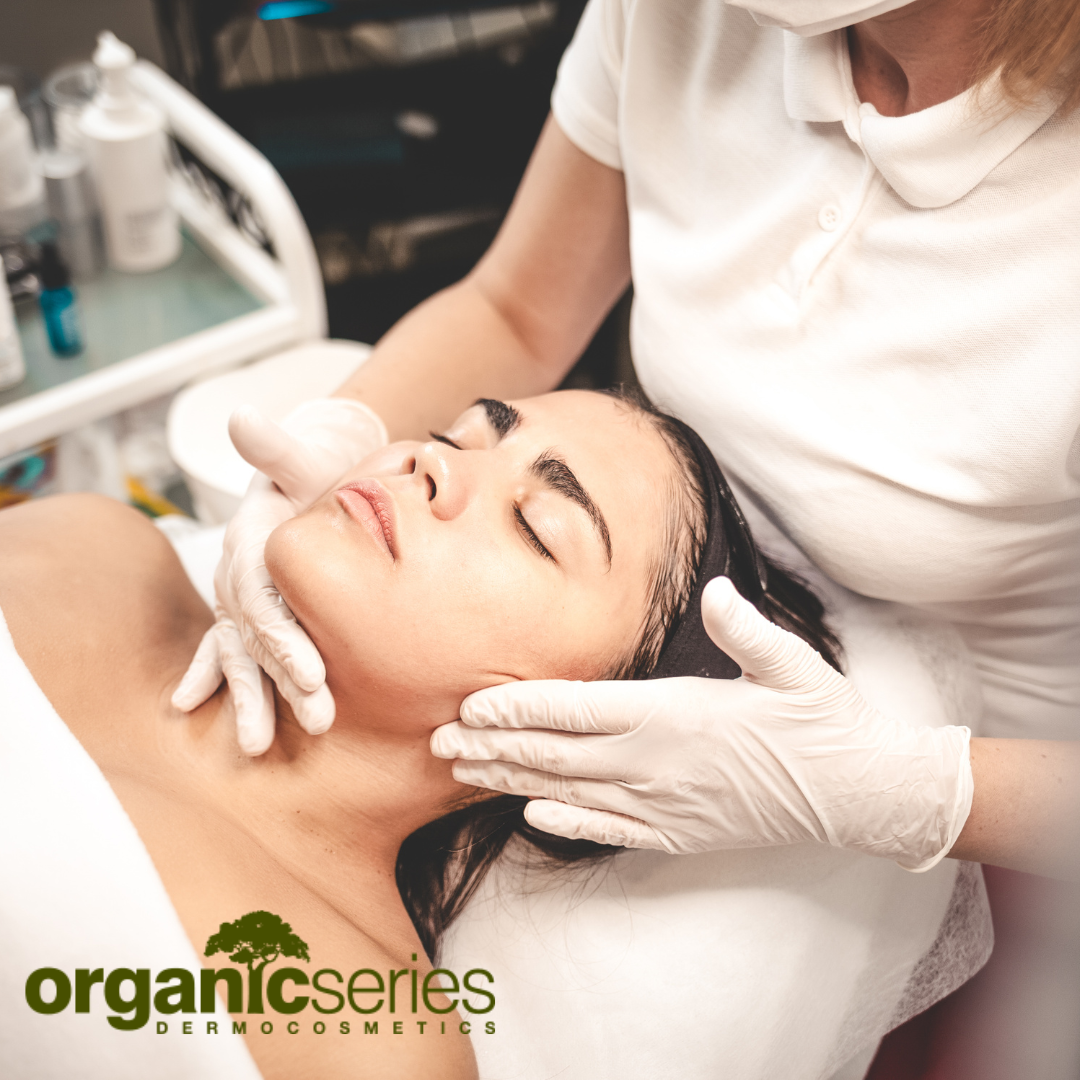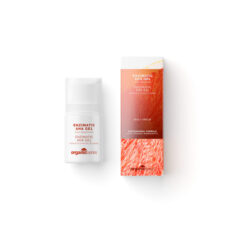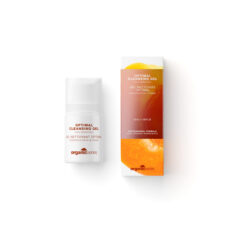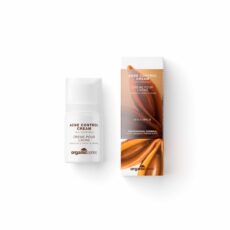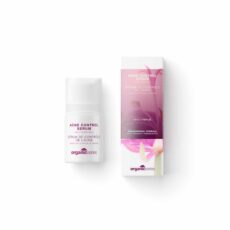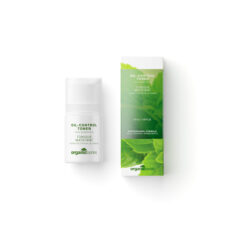Anti Acne Cream – introduction
Anti Acne Cream is here for you! Are you struggling with acne and looking for a solution to achieve radiant, clear skin? Look no further than these 6 great tips for using anti acne cream. With the right approach and consistent use, these creams can dramatically improve the appearance of acne-prone skin. From selecting the right product to incorporating it into your skincare routine, these tips will help you get one step closer to achieving your goal of flawless skin. Read on to discover how to use anti-acne cream effectively and say goodbye to unwanted breakouts.
F the right anti acne cream in 8 steps
There are several types of creams available for treating acne, including over-the-counter creams and prescription creams. Anti-acne creams are designed to treat the various causes of acne, including excess oil production, bacterial infections, and inflammation.
When choosing an anti acne cream, there are several factors to consider.
Finding the best anti-acne cream involves considering several factors to effectively target acne while addressing your skin’s needs. Here are 8 steps to help you choose the best anti acne cream:
Identify Your Skin Type and Acne Concerns: Determine your skin type (oily, dry, combination, or sensitive) and specific acne concerns (such as blackheads, whiteheads, cystic acne, or hormonal acne). Understanding your skin’s needs will help you choose a targeted anti-acne cream that addresses your concerns without causing irritation.
Look for Key Ingredients: Seek anti-acne creams formulated with active ingredients known to effectively treat acne. Common ingredients include benzoyl peroxide, salicylic acid, sulfur, retinoids (such as adapalene or tretinoin), niacinamide, tea tree oil, and azelaic acid. These ingredients help unclog pores, reduce inflammation, kill acne-causing bacteria, and promote skin renewal.
Consider Your Skin Sensitivity: If you have sensitive or easily irritated skin, opt for anti-acne creams formulated for sensitive skin or those containing gentle, non-irritating ingredients. Avoid products with high concentrations of harsh active ingredients, as they may cause excessive dryness, redness, or peeling.
Choose a Non-Comedogenic Formula: Select an anti-acne cream labeled as non-comedogenic, meaning it won’t clog pores or exacerbate acne. Non-comedogenic formulas are lighter in texture and less likely to cause pore blockages, making them suitable for acne-prone skin.
Check for Oil-Free or Lightweight Formulas: Oil-free or lightweight anti-acne creams are ideal for oily or combination skin types, as they provide hydration without adding excess oil to the skin. Look for gel-based or water-based formulations that absorb quickly and leave a matte finish, reducing shine and preventing pore congestion.
Read Product Reviews and Recommendations: Research product reviews and seek recommendations from dermatologists or skincare experts to identify highly-rated anti-acne creams. Pay attention to feedback from individuals with similar skin concerns and acne types to gauge the product’s effectiveness and suitability.
Test Patch New Products: Before applying a new anti-acne cream to your entire face, perform a patch test on a small area of skin to check for any adverse reactions or sensitivities. Apply a small amount of the product to your inner forearm or behind your ear and monitor for any signs of irritation, such as redness, itching, or burning, for 24-48 hours.
Be Patient and Consistent: Remember that treating acne takes time, and results may not be immediate. Be patient and consistent with your anti-acne cream, applying it as directed and allowing sufficient time for it to work. It’s essential to establish a regular skincare routine and stick to it to see the best results over time.
By following these 8 steps and considering factors such as skin type, acne concerns, key ingredients, sensitivity, non-comedogenicity, product reviews, patch testing, and consistency, you can choose the best anti-acne cream to effectively treat and manage acne while promoting clear, healthy-looking skin.
Follow a proper skincare routine alongside using the anti acne cream

A proper skincare routine is essential for maintaining healthy skin, especially for those with acne-prone skin. One great tip is to always start with a gentle cleanser that won’t strip the skin of its natural oils. Harsh cleansers can actually worsen acne by drying out the skin and causing more oil production. It’s important to choose a cleanser that is non-comedogenic, which means it won’t clog pores.
After cleansing, toning the skin is the next step. Toning can unclog pores and help remove any excess dirt or oil that may have been missed during cleansing. It’s best to use a toner that is specifically formulated for acne-prone skin, as this will contain ingredients that can help fight acne.
Next, it’s time to apply the anti-acne cream. Using the cream exactly as directed is important, as this will ensure maximum effectiveness. It’s important to apply the cream directly to the affected areas and not all over the face. Overuse of an anti-acne cream can lead to dryness and irritation.
Moisturizing the skin is also key in any skincare routine. Contrary to popular belief, moisturizing won’t make acne worse. In fact, it’s important to keep the skin hydrated to avoid dryness and irritation. Choose a moisturizer that is oil-free and non-comedogenic.
In addition to a daily skincare routine, regular exfoliation is important for acne-prone skin. Exfoliation helps remove dead skin cells that can clog pores and contribute to acne. As with all skincare products, it’s important to choose an exfoliant that is gentle and non-comedogenic.
In summary, while using an anti-acne cream is important for treating acne, it is not the only solution. Following a proper skincare routine is essential for maintaining healthy skin, especially for those with acne-prone skin. Incorporating gentle cleansing, toning, moisturizing, regular exfoliation, and a healthy diet and lifestyle can all contribute to clear, healthy skin.
Conclusion
In conclusion, achieving clear skin is not an impossible feat as long as you utilize the right anti-acne cream and follow certain tips to keep your skin healthy. Remember to keep your skin clean, regularly exfoliate, moisturize, avoid touching your face, be mindful of what you eat and choose non-comedogenic products. By following these simple tips and finding the right anti acne cream for you, you’ll be on the path to achieving clear, blemish-free skin. Don’t give up and keep trying until you find what works best for your skin. With dedication and patience, you can attain your desired results and feel confident in your own skin.
Expert recommendation
Organic Series Anti Acne Cream
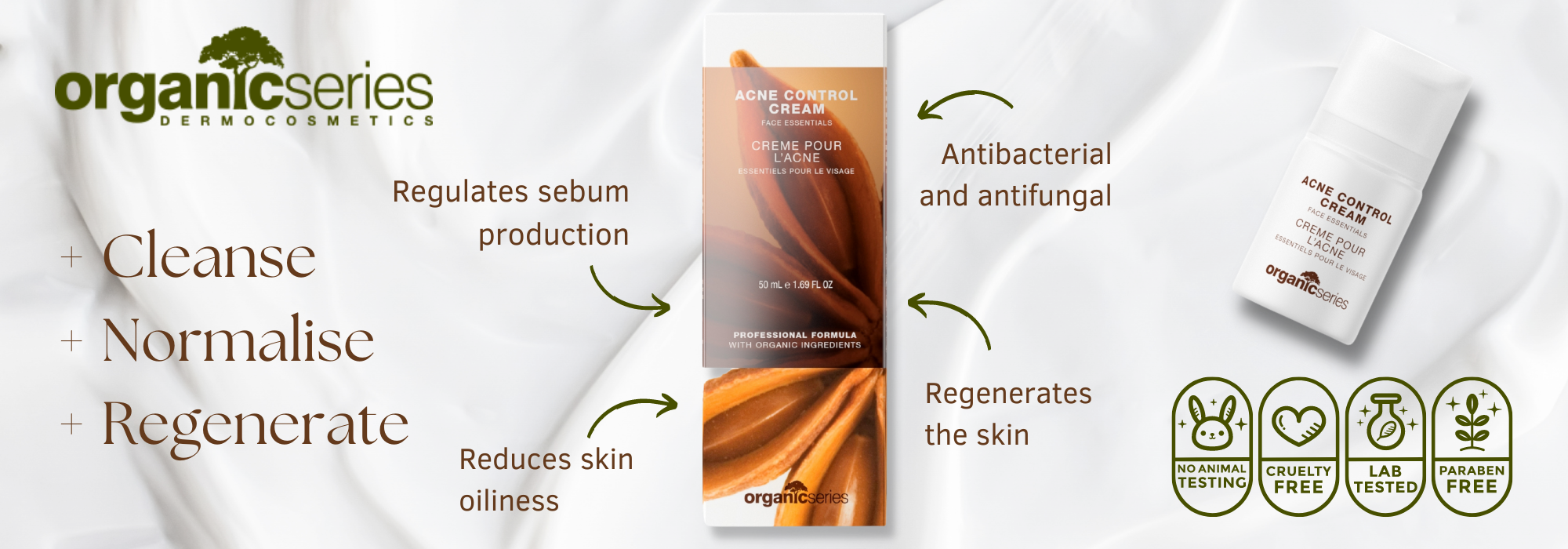
More inspiration
Follow Organic Series UK on instagram and facebook for more inspiration, expert tips and special discount codes!
Anti Acne Cream Skincare Routine By Organic Series
-
-
-
Organic Acne Cream | Acne Control Cream By Organic Series | 15ml, 50ml, 200ml
From £ 12.00Rated 4.75 out of 504 reviews -
Organic Acne Serum | Acne Control Serum By Organic Series | 15ml, 50ml, 200ml
From £ 12.00Rated 4.75 out of 504 reviews -
Toner for Oily Skin | Oil-Control Toner By Organic Series | 50ml, 200ml
From £ 24.00Rated 5.00 out of 501 review

Maria
Cosmetic Chemist
Maria
All Author Posts
